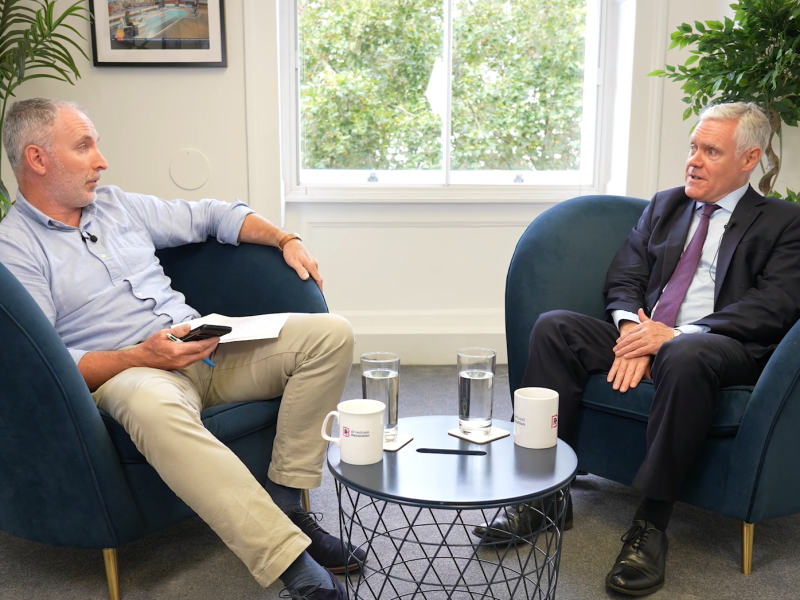
18/09/2025 / Broadcast Revolution HQ
Would I want to hear about this? That’s the question we ask ourselves before approaching broadcasters with a story. If the answer is yes, then the task in hand is easy – we understand what matters about the story and can communicate it effectively. But if the answer is no, we need to figure out why. And more often than not the reason is that ‘it doesn’t affect me’.
When the nationals break stories they dictate the talking points of the day but it is the regionals that tell us how these stories affect us and our livelihoods. Regional media is highly trusted by consumers, and by incorporating regional outreach into campaign strategy we can achieve more than just a good reach but a great level of impact.
On Thursday 26th January 2023, Head of News Mike Young sat down with broadcasters Sarah Colley and Chris Brindley. Sarah produces ITV Regional News working in the shared content team and Chris is the Editor of the BBC Central News Service.
With an audience of approximately 4 million a night, the ITV Shared team cover 11 key regions by identifying stories which affect the nation and have regional nuances. The BBC Central News Service (CNS) reaches a daily audience between 6 and 8 million people in size – depending on the inclusion of Wales, Northern Ireland and Scotland – which is similar to the scale of Radio 1.
Sarah and Chris’s teams handle the same topics: both see the cost of living crisis dominating the next year of planning, and both agree that the work they do is worthy of trust by the public.
The key difference however between the two production hubs is that ITV start with a story, and work to find a selection of guests, while CNS are more likely to start with a guest and discuss a selection of stories. The two services enable regional outlets to produce high-quality content and keep the individual areas united under the broadcasters’ banner they share.
On audience loyalty, Sarah and Chris attribute their followings largely to their commitment to championing local sports. Regional broadcasters celebrate the wins and chart the losses of the teams in their area, this promotes a community sentiment on their programming.
Sarah noted that it’s important we remember ITV deal with visuals and that they will go the extra mile to make sure interviews are conducted in person when possible, so as to maintain the feel of the story. Whereas with the improvements in audio technology over the last 5 years, the BBC do not have the same concern dealing in radio production – they’re often fans of FaceTime Audio.
For the team at ITV Shared relatability is at the forefront of their planning strategy. The goal for the team is to find people with lived experiences and give them a platform. They will typically plan a story over the course of 2 to 3 weeks. In this time they will identify the relevant aspects of a story for their regions and create an editorial template of the piece. The individual regions they work with will then capture bespoke content which slots into this template by an agreed deadline. Once all 11 regions are aligned, the piece is good to air and each region will watch the same story with their own regional perspective played out simultaneously across the nation.
At CNS, it’s all about the storyteller. While they take an enormous range of topics on, from the Cost of Living to the latest on Strictly, the reason they do so is because they’ve found the right voice to talk about the right topic for now. The team monitor the news agenda and curate a series of topics which the regional BBC stations across the country want to cover. They then work to give these regional stations access to voices of interest by securing guests who can speak to multiple areas with good insight.
Tapping into the regional broadcast market can bring a campaign to life. The mechanisms to do this effectively exist in the form of such production hubs and people like Sarah and Chris are always on the look out for the next story that’s going to connect with their audiences.
The key takeaways